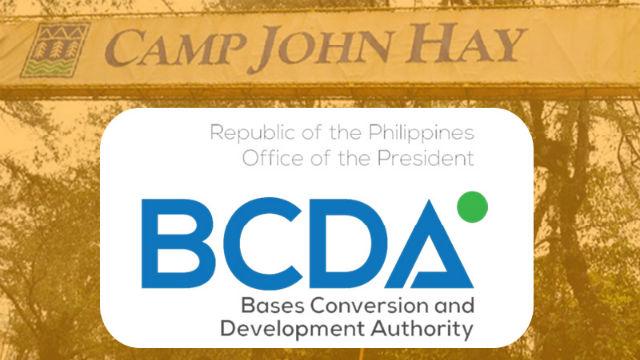The line between Education and Learning is getting thinner as the generation strides on with the traits of modern society. Although the definition of education is still fenced in ideas surrounding school, universities and colleges, the term is being used more liberally to mean gathering knowledge irrespective of formal and informal sources. Against this backdrop, terms such as formal education and informal education are losing their identities merging into each other. The approach of new generation students towards education has facilitated this integration, materialising the transforming qualities of learning.
As modern society has grown more cognizant and aware about being educated and learned, there has been a gradual decrease in the average age at which a child is first admitted to a formal learning institution. Parents being educated, children now are already half-baked, learning how to read and write before starting their preliminary schooling. Moreover, new product concepts blended with the necessities of modern society, such as creches, playschool, and kindergartens, have facilitated learning at a much younger age. Parents are now more concerned about what their children are learning rather than what they are enjoying. Being familiar with technology and modern learning commodities, children now no longer differentiate between playing and learning. This new trait of education and learning in children facilitates the series of rather surprising traits throughout their lives.
Growing up, as children are able to seize higher ideas of education, the answers they find to generic questions such as “Why Education?”, “What are its needs?” and other such open ended questions, are not parallel to those asked decades back. For example, a research center survey found that for 86 per cent of students born between 1976 and 2000, “getting rich” was the priority, while 81 per cent of students in 1967 prioritised on having a “meaningful philosophy of life”. Similarly, the approach to education has changed and students are now more holistic towards it. Earlier, there was a predominant belief about education being over along with the university graduation. Now, students are quite certain that education is a lifelong process and people are open to learning at any stage of life, breaking the archetype of learning restricted to a definite age.
The ideas related to learning, perceptions about schools and classrooms, are undergoing metamorphosis. The idea to learn only within the classroom in schools is longer relevant to students as they are open to learning from anywhere, anytime. Digitisation, the internet, and web technology have assisted massively to materialise this aspect of modern society. Learning on a timely basis, keeping up with school timings and schedules are least followed by the neoteric generation as they have access to resources and course materials from anywhere at any time. Among the modern traits of education, a major one is the concept of open education that facilitates learning beyond the boundaries of universities and classrooms. Massive online open courses (MOOC) are the new face of education for the present society. Open courses have transformed formal learning as a lifelong and continuous process that can be started at any stage and at any age. Anyhow, adult and continuing education were introduced long ago.
Owing to new methods of learning, pedagogy has transformed and became more customised, being student-centered. Learning has become proactive in contrast to retroactive learning proffered by the earlier propensity to follow only teachers and their teachings. “Self Learning” emerged as one of the commonly preferred modes of education. Technological revolution, or more precisely, information and communication technology has facilitated learning through open internet sources. This has transformed learning as a process of gathering information. In recent times, websites such as YouTube, Wikipedia, and other information sites are considered as sources of dependable information and learning material.
The changing traits of education have empowered students. By inducing fundamental changes in learning methodologies and approach to education, students are now closer to their constitutional position in the education system. The limelight has shifted from educators, as it was centuries back, to pupils. Universities, institutes, colleges, and schools are becoming more student conscious with more attention towards their development. Apart from this, education centers are now attentive towards individual students. Results, marks, and performance of students from institutes are now without large differences, proving their equal growth and progress level. Moreover, education is now directed towards the holistic development of students, ensuring their intellectual as well as personal development. Focus on life skills is among the central transformations of education. Side by side with conventional subjects such as science, geography, philosophy and arts, life skill oriented subjects are becoming popular. In fact, computer education, language learning, and other such skill-based education are emerging to be more popular than traditional subjects.
The different aspects of learning have developed over time, becoming more productive and effective. However, there is always room for improvement and there is much to be done yet in the education sector. Learning has become more liberalized introducing changes in almost every sphere of education, making students the primary benefactor of these transformations.
By Josephine Ortiguero












